El horror no cesa un solo instante. La maldad traspasa todo límite. El ángel exterminador extiende su mano sobre Gaza. Es un ángel endemoniado que siembra muerte y destrucción, dejando a su paso el suelo regado de cadáveres y escombros. Nada puede saciar su sed de venganza. Feroz e implacable, se ensaña sobre los desvalidos y los desarmados. Su ejército mataniños derrama sangre inocente, bombardea y acribilla sin piedad.
La guerra de Israel contra el pueblo palestino es una guerra de terror, una guerra genocida. No solo se está perpetrando una carnicería diaria a la vista de todos, sino también un genocidio cultural.
La guerra de Israel contra el pueblo palestino es una guerra de terror, una guerra genocida. No solo se está perpetrando una carnicería diaria a la vista de todos, sino también un genocidio cultural. Porque no se trata nada más de exterminar a una población civil: se trata sobre todo de anular su identidad, de borrar toda huella, toda presencia suya. Se trata de negar al otro hasta borrarle de la faz de la tierra. Por eso Israel lo bombardea todo: casas, apartamentos, escuelas, hospitales, refugios, mezquitas, universidades. Esta es una guerra expresamente contra civiles. El blanco de los ataques son los civiles, no importa su edad o condición: gente del pueblo, empleados de la ONU, médicos, periodistas, académicos, maestros, estudiantes; hombres, mujeres, niños, ancianos. Entre las víctimas también hay poetas. En las guerras también mueren poetas.
Justo en estos días terribles de tanta muerte inocente, días de poetas asesinados, busco consuelo en la poesía. Comparto tres poemas de Gaza de autores palestinos fallecidos. Los dos primeros fueron escritos mientras las bombas sionistas caían incesantes y sus autores cayeron poco después; el último es de años atrás.
Hiba Kamal Abu Nada
Hiba Kamal Abu Nada, poeta y novelista gazatí de 32 años, murió en medio del bombardeo israelí contra la ciudad de Jan Yunis, en Gaza. Se formó en la Universidad Islámica de Gaza, hoy destruida por el Ejército israelí, como todas las otras universidades gazatíes. Era de profesión bioquímica y nutricionista. Un día antes de su muerte escribió: “Si morimos, sepan que estamos satisfechos y firmes, y digan al mundo, en nuestro nombre, que somos personas justas/del lado de la verdad”. Su último texto, escrito ese mismo día, reza:
“La noche en la ciudad es oscura
salvo por el brillo de los misiles
silenciosa,
salvo por el sonido del bombardeo
aterradora,
salvo por la promesa tranquilizadora de la oración
negra,
salvo por la luz de los mártires
Buenas noches”.
Refaat Alareer
Refaat Alareer, reconocido poeta y académico palestino, de 44 años, murió en diciembre de 2023, junto a otros miembros de su familia, en el ataque aéreo israelí a la vivienda donde se refugiaba en el sur de la Franja de Gaza. Era profesor de literatura inglesa en la Universidad Islámica de Gaza. También era cofundador del proyecto académico-cultural “We are not numbers” (“No somos números”), iniciativa que vincula a jóvenes escritores de Gaza con autores extranjeros para el aprendizaje de la escritura en inglés sobre su entorno y sus vidas.
En una de sus últimas entrevistas, al principio de la guerra, Alareer denunció: “Sabemos que es muy sombrío. Muy oscuro. No hay manera de salir. Si no hay agua, no hay manera de salir de Gaza. ¿Qué debemos hacer? ¿Ahogarnos? ¿Cometer un suicidio en masa? ¿Es esto lo que quiere Israel? Y no vamos a hacer eso. El otro día le estaba diciendo a alguien, a un amigo, que soy un académico. Probablemente lo más duro que tengo en casa es un marcador Expo. Pero si los israelíes invaden, si irrumpen contra nosotros, si cargan contra nosotros, si abren puerta por puerta para masacrarnos, voy a tomar ese marcador y se lo voy a arrojar a los soldados israelíes, incluso si eso es lo último que pueda hacer. Y este es el sentimiento de todos. Estamos indefensos, no tenemos nada que perder”.
If I must die (Si he de morir) fue su último poema, escrito bajo los incesantes y feroces bombardeos israelíes. El actor Brian Cox lo recita admirablemente en un video que circula por las redes sociales. Lo transcribo en versión bilingüe.
“Si he de morir
has de vivir
para contar mi historia
para vender mis cosas
para comprar un trozo de tela
y algunas cuerdas
(que sea blanca con una larga cola)
para que un niño en algún lugar de Gaza
mientras mira el cielo a los ojos
esperando a su padre que se fue en llamas
y no se despidió de nadie
ni siquiera de su propia carne
ni siquiera de sí mismo
vea la cometa, la cometa que me hiciste,
volando en lo alto
y piense por un instante
que hay un ángel ahí
devolviéndole el amor
Si he de morir
que traiga esperanza
que sea una historia”.
Mahmud Darwish
Confesión de un terrorista es un poema de Mahmud Darwish, el poeta nacional palestino, fallecido en el año 2008.
“Ocuparon mi país,
expulsaron a mi pueblo,
anularon mi identidad.
Y me llamaron terrorista.
Confiscaron mi propiedad,
arrancaron mis cosechas,
demolieron mi casa.
Y me llamaron terrorista.
Legislaron leyes fascistas,
instauraron el apartheid.
Destruyeron, dividieron, humillaron.
Y me llamaron terrorista.
Asesinaron mis alegrías,
secuestraron mis esperanzas,
esposaron mis sueños.
Y cuando rechacé todas las barbaries
y decidí defenderme, ellos…
¡Mataron un terrorista!”.
Por Fidel Munnigh
Fuente: Acento.

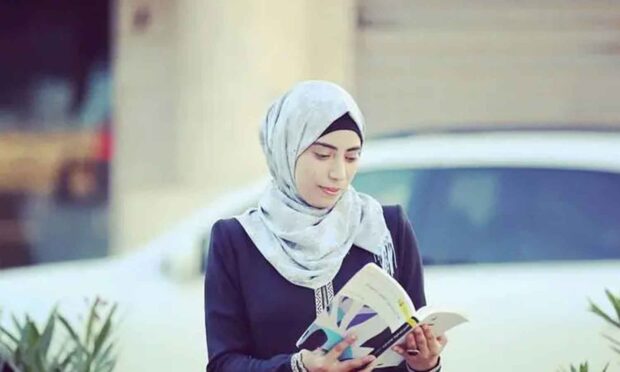
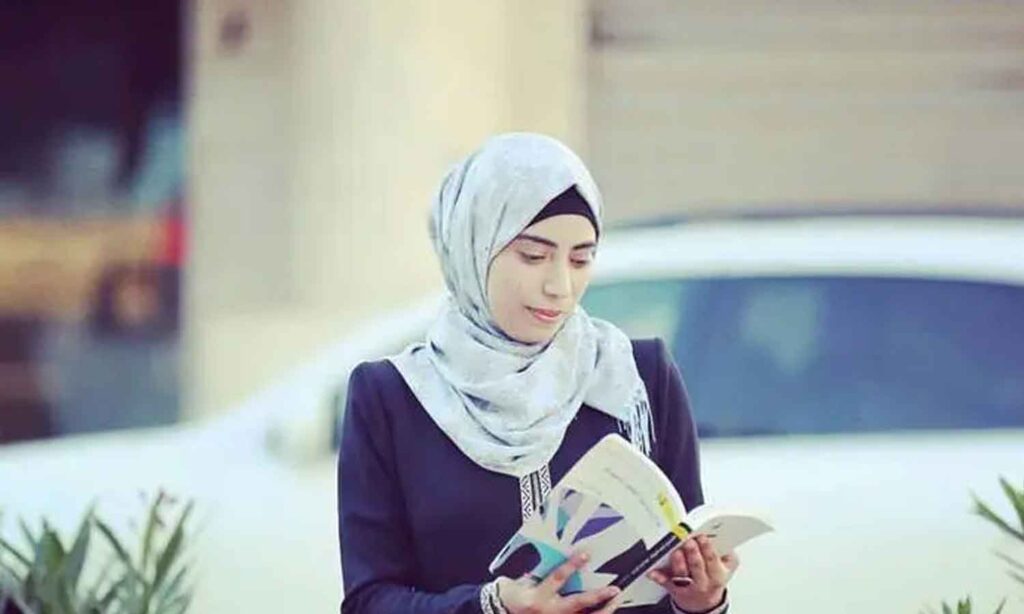
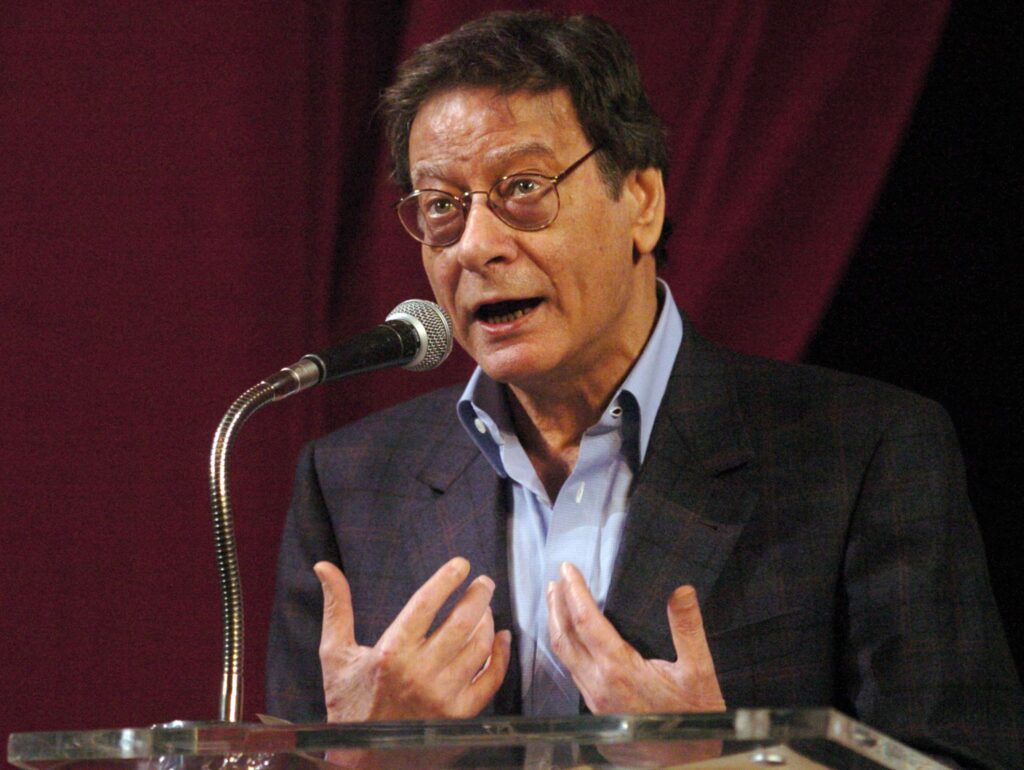

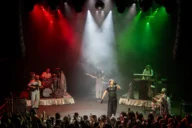
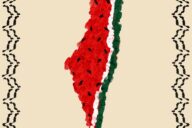
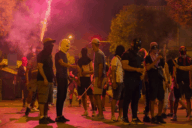









No Comments